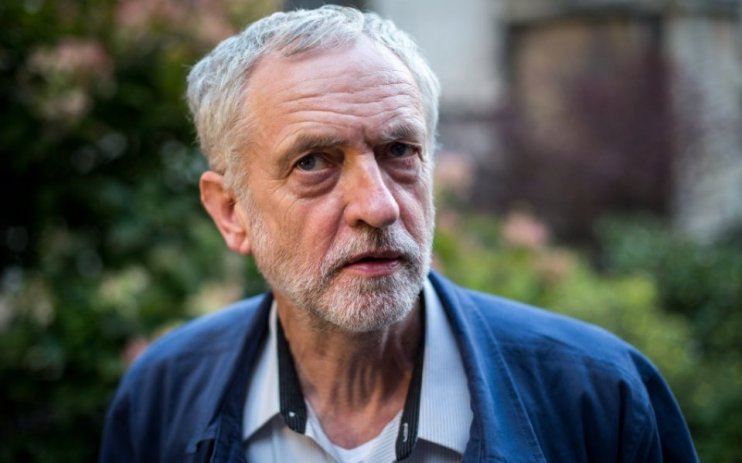The real question is: socialism, yes or no?

Three and a half years after the Brexit referendum and two and a half years since the last General Election, voters will be invited back to the polling booths on 12 December to shake the parliamentary snow globe once again.
An election isn’t required by law until May 2022 — imagine that — but the Brexit process has ground this current parliament to a standstill, and so the wisdom of the electorate is once again required and the run-up to your Christmas this year will feature some additional baubles.
Alongside present-buying, office parties and carol concerts we can expect campaign tours around Christmas markets, party activists pounding the icy pavements, a sleigh full of policy pledges and maybe even a festive TV debate.
There hasn’t been a December General Election since 1923 and yesterday a number of MPs opposed to the idea claimed it was too much to expect voters to contend with the cold and the dark. Let’s hope pro-democracy campaigners in Hong Kong and other troubled corners of the globe didn’t hear these pathetic protests.
And so, as nativity plays get rearranged around an election date, the unusual characteristics of this poll will give way to the more recognisable features of political campaigns: politicians criss-crossing the country, pleading for your vote and offering competing visions for the future.
The Liberal Democrats, the Brexit Party and the Scottish Nationalists are, in this campaign, single issue parties, fired up by a pro- or anti-Brexit stance.
They each have the power to inflict losses on the two main parties and their impact is fiendishly tricky to model.
Nigel Farage certainly has the potential to deny the Tories victory in a number of crucial seats — as do the Lib Dems for Labour. But for all the machinations and inevitable black swans that power the twists and turns of election campaigns, the real battle will be between Labour and the Conservatives.
Neither will be able to avoid Brexit (indeed, Boris Johnson will be campaigning on a deal he’s just secured) but what’s at stake here is bigger than the manner of our departure from the EU.
When you boil it all down, Johnson is a free-market liberal, leading a party that believes in private enterprise as the foundation for economic growth and the delivery of public services, while Jeremy Corbyn is a radical Marxist socialist and will campaign on the most left-wing, high tax, high spending manifesto seen in decades.
When you look beyond the decorations that will adorn this Christmas election, the central question really is whether this country wishes to embrace socialism.
Main image: Getty
